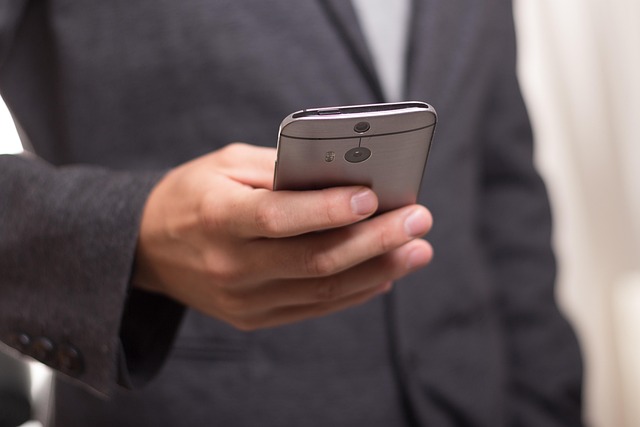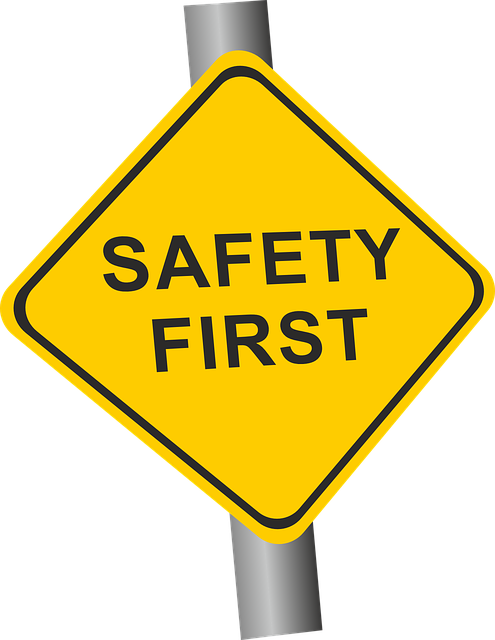Secure call handling is paramount in healthcare for protecting patient data, guided by regulations like HIPAA. Call centers play a vital role by implementing advanced encryption technologies, strict access controls, and regular security audits. Trained professionals ensure patient confidentiality, fostering trust between patients and providers while adhering to HIPAA standards. Regular training, role-playing scenarios, and refresher courses are crucial for agent preparedness. Modern call center platforms incorporate robust encryption, automated verification, and comprehensive audit trails to enhance security and compliance, enabling healthcare providers to prioritize patient care.
In the realm of healthcare, where patient information is sensitive and confidential, call centers play a pivotal role in maintaining strict data security. With HIPAA standards as the cornerstone, this article explores the critical aspects of secure call handling in healthcare. We delve into how call centers safeguard private patient data, implement robust communication protocols, and train agents to uphold HIPAA compliance. Additionally, we uncover the latest technologies enhancing secure call handling, emphasizing continuous monitoring for optimal protection.
- Understanding HIPAA Standards for Healthcare Data Security
- The Role of Call Centers in Safeguarding Patient Privacy
- Implementing Secure Communication Protocols in Call Handling
- Best Practices for Training Agents on HIPAA Compliance
- Technology and Tools for Achieving Secure Call Handling
- Ensuring Continuous Monitoring and Improvement of HIPAA Compliance
Understanding HIPAA Standards for Healthcare Data Security

In the realm of healthcare, protecting sensitive patient information is paramount. The Health Insurance Portability and Accountability Act (HIPAA) sets stringent standards for secure call handling in healthcare to safeguard this critical data. These standards encompass various aspects of secure clinic communication, ensuring that patient confidentiality services are robust and reliable.
Compliance with HIPAA involves implementing a comprehensive support system that includes encryption of data, access controls, and regular security audits. By adhering to these regulations, healthcare providers can maintain the integrity and privacy of patient records while facilitating efficient and secure call center services. This commitment to HIPAA standards is crucial for fostering trust among patients and ensuring seamless, safe communication across healthcare networks.
The Role of Call Centers in Safeguarding Patient Privacy

In today’s digital age, healthcare organizations rely heavily on call centers for secure clinic communication and patient confidentiality services. These facilities play a pivotal role in safeguarding medical data privacy by implementing stringent protocols to protect sensitive information exchanged during phone conversations. With trained professionals handling calls, advanced encryption technologies, and adherence to HIPAA standards, call centers ensure that patient discussions remain confidential, adhering strictly to the regulations set forth for secure call handling healthcare.
The integration of call centers into healthcare systems provides a robust layer of protection for patient confidentiality services. Their expertise in secure call management involves utilizing specialized software and hardware to encrypt data, monitor calls, and maintain comprehensive logs. This comprehensive approach to secure clinic communication not only mitigates potential risks but also fosters trust between patients and healthcare providers, knowing their information is handled with the utmost discretion.
Implementing Secure Communication Protocols in Call Handling

In the realm of healthcare, where patient confidentiality is paramount, secure call handling plays a pivotal role in safeguarding sensitive information. Call center services designed for healthcare providers must adhere to strict HIPAA (Health Insurance Portability and Accountability Act) standards to ensure the privacy and security of medical data. This involves implementing robust communication protocols that prevent unauthorized access and disclosure of patient records.
Call handlers are trained to maintain strict confidentiality, using encrypted channels and secure call routing to protect patient information during transmission. Additionally, healthcare-specific training equips them to handle discussions about diagnoses, treatments, and medications with the utmost care and discretion, ensuring a reliable HIPAA support system that fosters trust between patients and providers.
Best Practices for Training Agents on HIPAA Compliance

Training agents on HIPAA compliance is a critical step to ensure secure call handling in healthcare. Best practices involve comprehensive orientation sessions that outline the importance and implications of HIPAA standards. Agents should be taught about patient confidentiality services, medical data privacy regulations, and the potential consequences of non-compliance. Role-playing scenarios can effectively simulate real-world situations, allowing agents to apply their knowledge while maintaining secure clinic communication.
Regular refresher courses are also essential to keep agents updated on any changes in HIPAA guidelines. Consistent reinforcement of these practices helps create a culture of awareness and adherence among the team. By combining theoretical knowledge with practical exercises, call center services can guarantee that their agents are well-prepared to handle sensitive information securely and maintain patient confidentiality services at all times.
Technology and Tools for Achieving Secure Call Handling

In the realm of healthcare, where sensitive patient information is paramount, call centers have adapted to offer secure call handling services that adhere to stringent HIPAA (Health Insurance Portability and Accountability Act) standards. These advanced call center platforms incorporate robust technology and tools designed to safeguard medical data privacy and protect patient confidentiality during every interaction. Encryption protocols, secure voice channels, and automated patient verification systems are some of the key elements ensuring that conversations remain strictly confidential.
Beyond basic encryption, modern call centers employ innovative solutions like role-based access controls, real-time monitoring, and comprehensive audit trails to track and manage interactions. These features not only fortify security but also facilitate compliance with regulatory requirements, enabling healthcare providers to focus on patient care while entrusting their communication needs to specialized patient confidentiality services that prioritize secure clinic communication.
Ensuring Continuous Monitoring and Improvement of HIPAA Compliance

To ensure continuous monitoring and improvement of HIPAA compliance within call center services, regular, comprehensive audits are essential. These audits should assess every aspect of secure call handling, from staff training to data storage protocols, identifying any gaps or vulnerabilities in the system. By maintaining rigorous internal standards and adhering to external regulations, call centers can safeguard patient confidentiality services and protected health information.
Moreover, integrating advanced technology for secure clinic communication enhances HIPAA compliance. Encryption software, secure data transmission channels, and role-based access controls not only protect sensitive data but also foster a culture of accountability among staff members. Regular updates to these technologies are crucial, as cybersecurity landscapes evolve rapidly, ensuring that the call center’s defenses keep pace with emerging threats.
